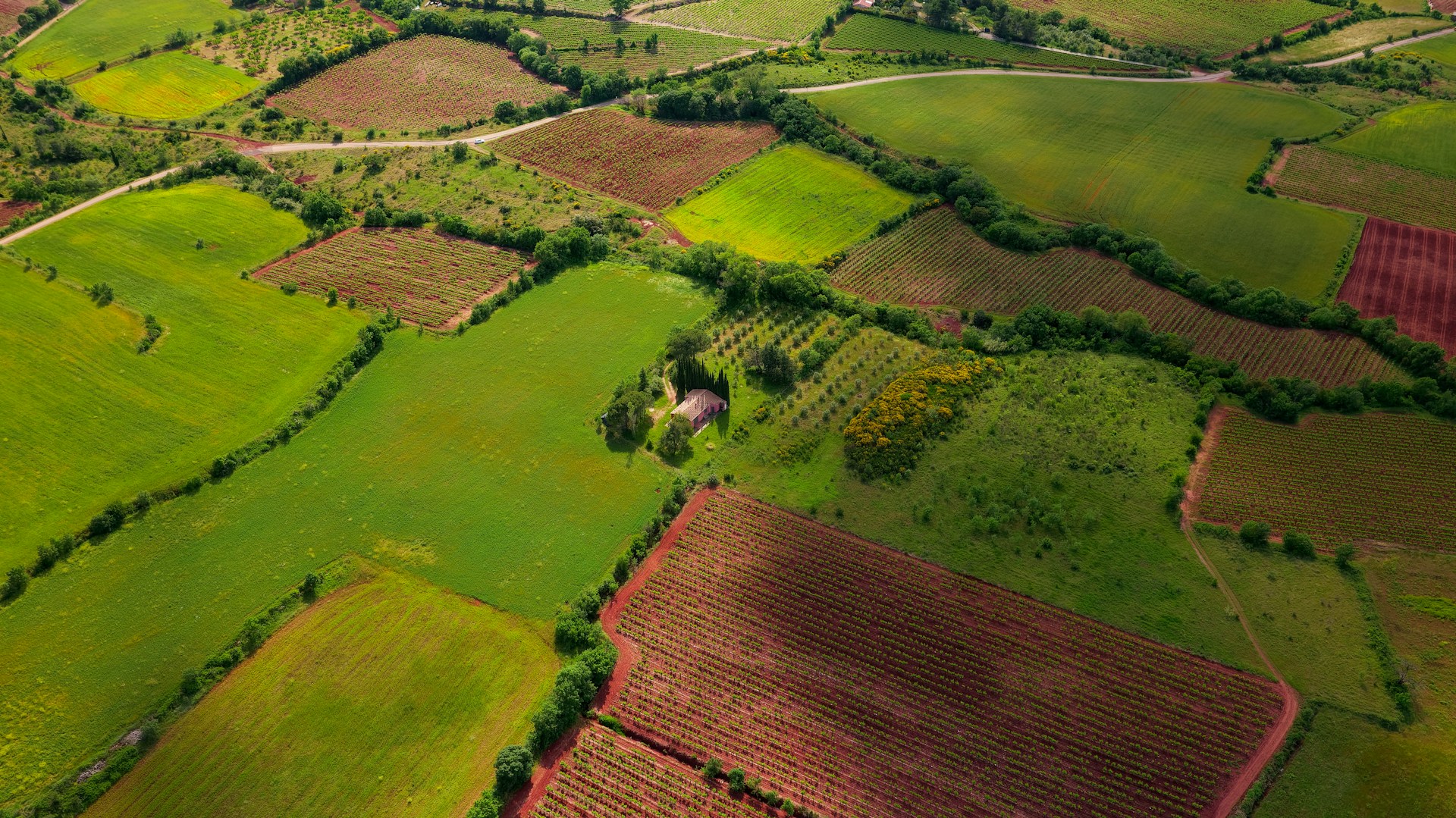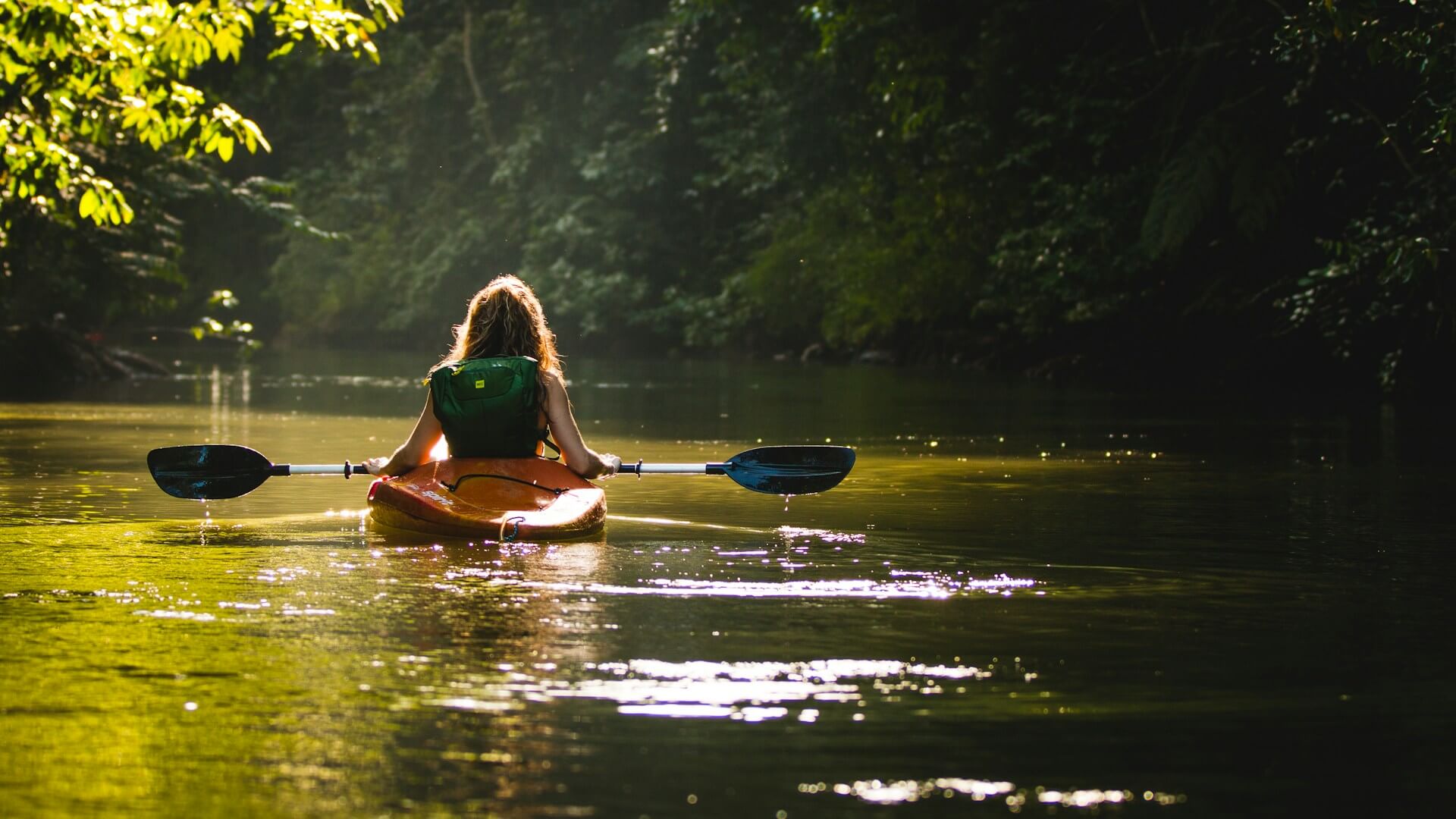The realm of real estate development is rapidly evolving, with a growing emphasis on sustainability and community welfare. Grant funding is one of the most promising avenues for developers looking to create positive contributions to the community and environment through their projects. However, it isn’t always easy for land planners and managers to learn the intricacies of grant funding from state and federal agencies.
This blog post dives into a few of these intricacies and highlights how it can be a game-changer for real estate that prioritize environmental stewardship and community benefits. We have worked with private landowners of all types, including land planners and managers, to help secure grants and other types of funding for conservation projects.
The Land and Water Conservation Fund (LWCF) – A Gateway to Outdoor Recreation Projects
At the heart of community-oriented real estate is the Land and Water Conservation Fund (LWCF). Operated by the National Park Service, the LWCF is more than just a funding source; it's a vision for the future of outdoor recreation. This fund provides extensive support for the acquisition and development of public outdoor spaces. From lush parks to wildlife refuges and conservation projects, the LWCF plays a crucial role in providing public spaces for people in America.
For real estate planners and managers who are open to public access on portions of their property, this translates into a unique opportunity. By tapping into the LWCF, they can embark on projects that not only enhance their portfolio but also contribute to creating public recreational spaces. Land managers have been leveraging funding from the LWCF for decades to improve the quality and value of their projects but this fund is not just about financial support; it's about fostering a connection between land and the community's quality of life.
The Conservation Stewardship Program (CSP) in North Carolina – Marrying Real Estate with Environmental Sustainability
North Carolina’s Conservation Stewardship Program (CSP) is a valuable support partner for planners and managers who are open to having a working farm adjacent to their developments. This is ideal for planners who are passionate about integrating environmentally sustainable practices into their projects to improve the quality of life for future residents of their projects. Administered by the USDA's Natural Resources Conservation Service, the CSP is more than a grant funding program; it's a commitment to the future of our planet.
The CSP offers financial and technical assistance for these properties, encouraging developers to adopt practices that improve soil and water quality and enhance wildlife habitats. This is not just about meeting regulatory requirements; it’s about leading the charge in sustainable real estate development and setting the standard for a better future. Land planners and managers who engage with the CSP find themselves at the forefront of a movement towards more responsible and environmentally-friendly building practices.
North Carolina Land and Water Fund (NCLWF) – Championing Conservation and Water Quality
The NCLWF stands out as a vital resource for planners and managers focused on environmental stewardship in North Carolina. Among other things, it supports voluntary land conservation, stream restoration, and innovative stormwater solutions. The grants available through this fund open doors to projects that align with broader environmental goals, enabling them to contribute to land conservation and water quality improvement while pursuing their business objectives.
Land planners and managers who leverage NCLWF are not just taking care of land; they are creating legacies that resonate with conservation and environmental preservation. This is about making a tangible difference in the world through thoughtful and responsible practices.
A New Era in Real Estate Development
The integration of grant funding from sources like the LWCF, CSP, and NCLWF in real estate is more than a trend; it's a paradigm shift of how we build our collective future. These programs represent a growing recognition of the role that land planning and management can play in promoting sustainable practices and community welfare.
Understanding and accessing these funds is not just about financial incentives; it's about aligning with a vision for a better world. By embracing these opportunities, planners and managers can lead the way in sustainable development, creating projects that are not only profitable but also beneficial to the environment and the community. It's a win-win situation, where financial opportunities meets social and environmental responsibility, paving the way for a more sustainable and community-oriented future.
Grant funding for conservation in land planning and management is a powerful tool, opening up new possibilities to contribute positively to the world while advancing their business goals. We partner with land planners and managers to manage this process on their behalf so they can focus on their projects while enhancing them through conservation.






